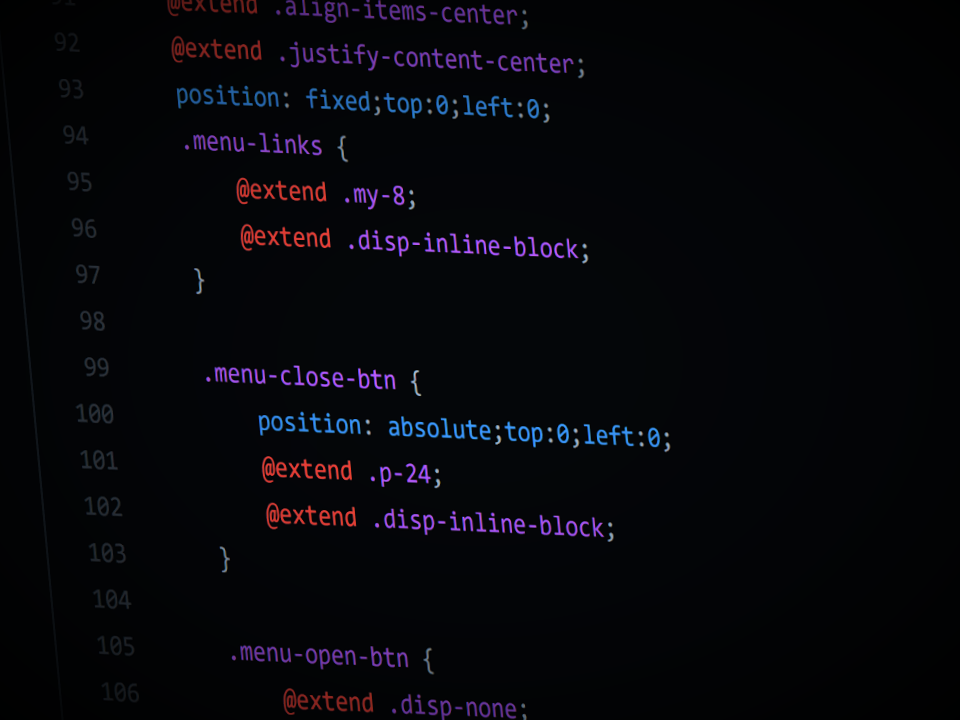Blitz News Digest
Stay updated with the latest trends and insights.
CSS Frameworks: The Unsung Heroes of Web Design
Discover the hidden power of CSS frameworks and unlock your web design potential with these essential tools that elevate your projects!
Why CSS Frameworks Are Essential for Modern Web Development
CSS frameworks have become an indispensable part of modern web development, offering developers a streamlined approach to building responsive and visually appealing websites. By providing a set of pre-designed styles and components, these frameworks not only reduce development time but also promote consistency across different projects. For instance, with frameworks like Bootstrap and Tailwind CSS, developers can easily implement layouts, grids, and UI components without writing extensive custom styles from scratch. This efficiency allows teams to focus more on functionality and user experience rather than getting bogged down by repetitive design tasks.
Moreover, using a CSS framework enhances the collaboration among team members by establishing a common language and design aesthetic. This is particularly important in agile development environments where multiple developers might work on the same project simultaneously. The adoption of a framework reduces discrepancies in code, ensuring that the website remains cohesive in style. In addition, most frameworks come equipped with built-in responsive design features, allowing websites to adapt seamlessly to various devices. This adaptability is crucial in today's mobile-first world, where user experience plays a vital role in site traffic and retention.

The Top 5 CSS Frameworks You Should Know About
When it comes to web development, using a CSS framework can significantly streamline your workflow and enhance the design of your projects. Here are the top 5 CSS frameworks you should know about:
- Bootstrap: A widely used framework that offers a responsive grid system and pre-designed components, making it easy to create visually appealing layouts.
- Foundation: Developed by ZURB, Foundation is known for its flexibility and customization options, allowing developers to build responsive sites with confidence.
- Bulma: A modern CSS framework based on Flexbox, Bulma is lightweight and easy to use, designed for rapid development with a clean aesthetic.
- Tailwind CSS: Tailwind takes a utility-first approach, enabling developers to create custom designs directly in their HTML by utilizing utility classes.
- Materialize: Inspired by Google’s Material Design, Materialize offers a cohesive set of components and styles that provide an intuitive and attractive user experience.
Understanding the strengths of these top CSS frameworks can help you choose the right one for your needs. Whether you are developing a simple static website or a complex web application, leveraging these frameworks will not only save you time but also ensure your projects are responsive and visually consistent across different devices. Remember to consider factors like community support, ease of use, and documentation when selecting a framework to ensure a smooth development process.
How to Choose the Right CSS Framework for Your Project
Choosing the right CSS framework for your project can significantly impact your development process and the overall performance of your web application. Firstly, consider the project requirements and the specific features you need. For instance, if your project demands a responsive design, frameworks like Bootstrap or Foundation might be ideal due to their built-in grid systems and components. Additionally, assess the learning curve associated with each framework. Some frameworks are beginner-friendly and come with extensive documentation, while others might require a deeper understanding of CSS and JavaScript to be utilized effectively.
Next, evaluate the level of customization you require. If you prefer a more tailored approach or want to maintain a unique look and feel for your website, frameworks like Tailwind CSS allow for greater flexibility and custom design options. It's also essential to consider the community support and resources available for each framework. A well-supported framework can provide access to a wealth of tutorials, plugins, and forums that can help you troubleshoot issues and make the most of the framework's capabilities. Ultimately, selecting the right CSS framework comes down to balancing your project needs with ease of use and customization options.